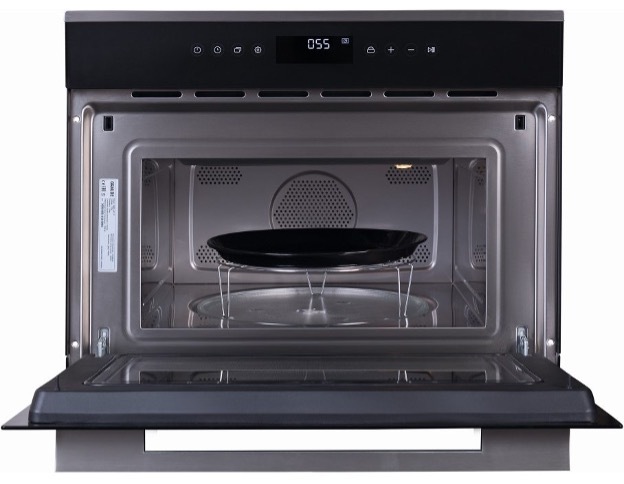There are fairly reliable signs of a computer power supply failure that can be used to determine a breakdown. One of the main symptoms is that the PC turns on uncontrollably, does not turn off for a long time. You can navigate by extraneous sounds during the operation of the cooler and other manifestations. Step-by-step instructions for diagnosing breakdowns are described in this article.
The content of the article
- The main symptoms of a malfunction
- Causes of the malfunction
-
Self-diagnosis: step by step instructions
- Step 1. visual inspection
- Step 2 Paperclip check
- Step 3 Checking with a multimeter
The main symptoms of a malfunction
If there are problems with the computer's power supply, the symptoms appear clearly. The main symptoms of a malfunction are:
- The PC turns on by itself, and this can happen at any time;
- the system cannot go into sleep mode - the computer remains on;
- after turning off the device turns on immediately or after a while, and unexpectedly;
- the fan in the power supply stops spinning;
- The PC starts with a button (as usual), but after a few seconds or minutes it turns off.
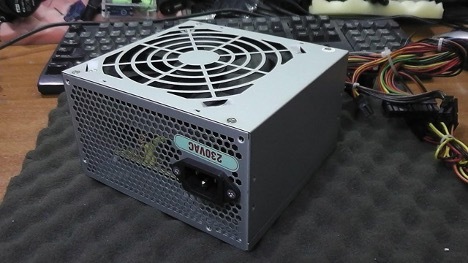
In these cases, the computer's power supply will most likely need to be replaced. Although sometimes the problem is not with this element, but with others. For example, the user has installed a very powerful video card, and the power of the block is no longer enough. If you do not purchase a more advanced model, the old one may not work properly. In this case, the ways to understand that the power supply is faulty are exactly the same.
Causes of the malfunction
Replacing the power supply may be necessary only in cases where its repair is impractical or impossible. To verify this, it is necessary to assume the cause of the malfunction:
- Voltage drop is one of the common factors. It has a bad effect on various types of household appliances.
- External damage, for example, creases in the wire, mechanical damage.
- Cheap, low-quality materials require a complete replacement.
- It is also necessary to figure out how to change the power supply on a computer in cases where battery malfunctions are detected.
Self-diagnosis: step by step instructions
As already mentioned, replacing the power supply is not always required. First of all, you need to determine the exact cause of the malfunction. You can do it yourself - below is a step-by-step instruction.
Step 1. visual inspection
If the power supply is faulty, this can be determined by a routine inspection. The easiest way is to replace it for a while with another device, and if the computer began to work normally, then the reason is definitely related to the block.
To carry out a visual inspection, proceed as follows:
- Turn off the PC, remove the plug from the outlet.
- Unscrew the screws and remove the side wall of the system unit.
- Using a screwdriver, unscrew the screws that fix the block and pull it out.
- It is not necessary to disconnect the wires - you can carefully remove the frame and inspect it.
- They check the capacitors - if they are deformed, swollen, this probably indicates a breakdown.
- Inspect the cooler with bearings. You can determine the performance during operation - if there are extraneous sounds, the parts are out of order. If necessary, it is replaced.
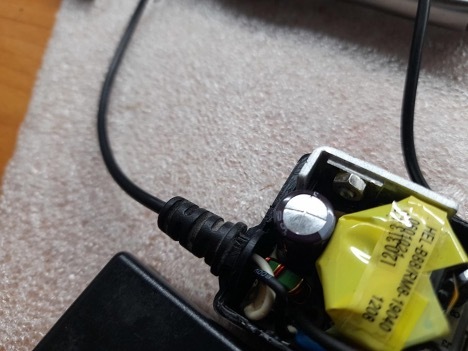
Step 2 Paperclip check
It is clear why a power supply is needed in a computer. This is a device that provides electricity to all PC nodes. If it is broken, the system will work intermittently. Therefore, at the second stage of the inspection, it is necessary to act as follows:
- Shut down the computer.
- Disconnect all wires - connectors going to the board, processor, video card.
- Take a paperclip or strong wire, bending it in the form of a "U".
- Find a 24-pin connector (many wires tied together). Find the connector for the green and black wires, close them through a paper clip.
- Connect the unit to the network (do not touch the paper clip with your hands). If it works, but the cooler heats up, only this part will have to be changed.
This method, how to understand that the power supply has burned out, cannot be considered universal. Even if the device works, additional diagnostics are required.
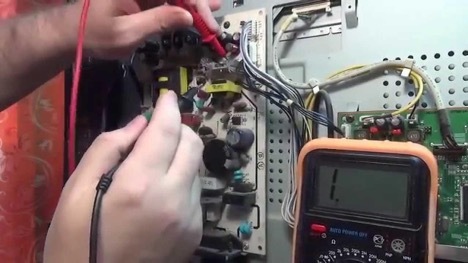
Step 3 Checking with a multimeter
Using a multimeter allows you to get more reliable conclusions about breakdowns. To check, proceed as follows:
- Switch the instrument to voltage measurement mode.
- Leave the paperclip in the same position as described in the previous section.
- Measure the voltage level between the black and orange wires. Normally, it should be at least 3.14 and not more than 3.47 V.
- "Ring" between the wires of black and purple. Norm - range 4.75-5.25 V.
- When studying how to understand that a computer power supply has burned out, measure the indicator between the red and black wires. The value should be approximately in the same range as in the previous case.
- Measured in the area between the black and yellow wire. Normal values are not less than 11.4 and not more than 12.6 V.
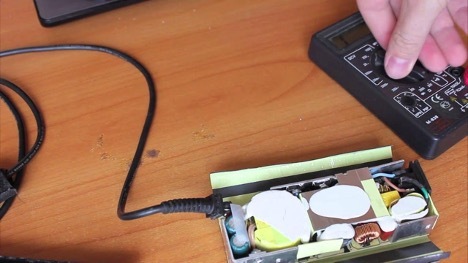
It is clear what the power supply in the computer is responsible for, and in what cases it can break. The most common case is a voltage drop problem. You can prevent it by installing a stabilizer. There is an option to purchase a pulse block, but it may not protect in all cases.
Therefore, it is advisable to learn how to identify the signs when the computer's power supply burned out. You can perform simple repairs, for example, replace the cooler yourself. however, more complex types of work are best left to a professional. You will also have to contact the wizard in cases where it is problematic to determine the signs of a breakdown in the computer's power supply.
